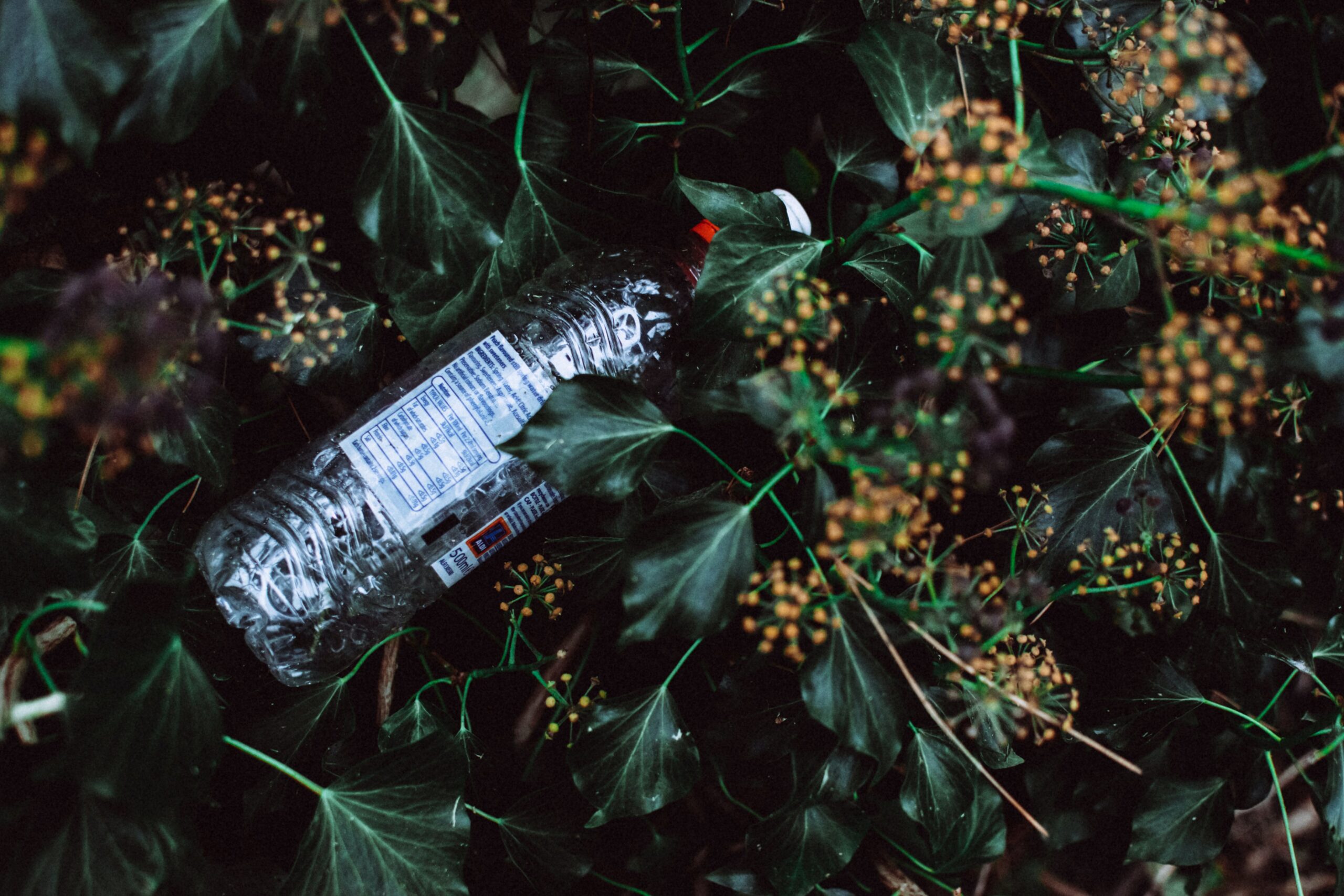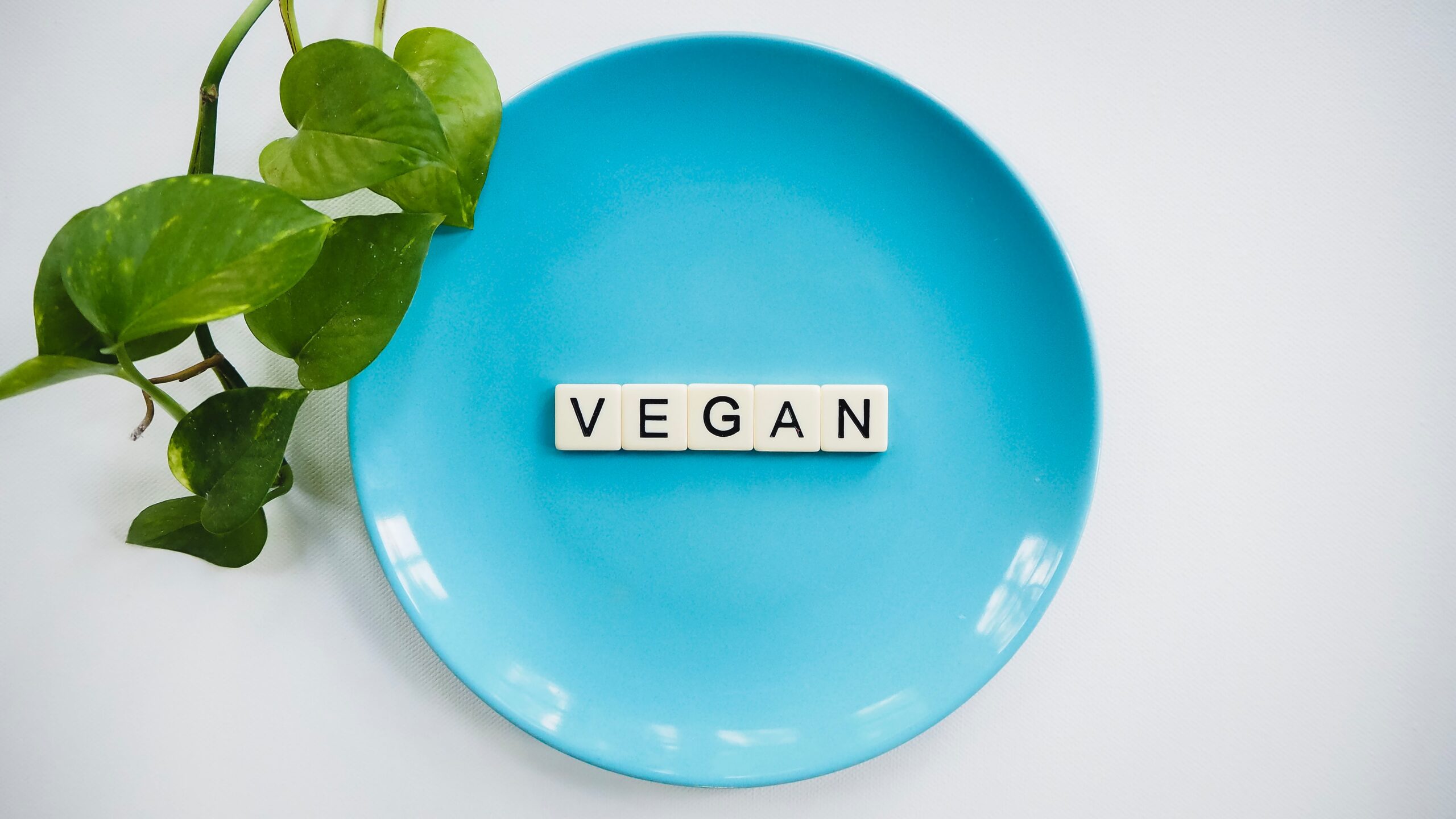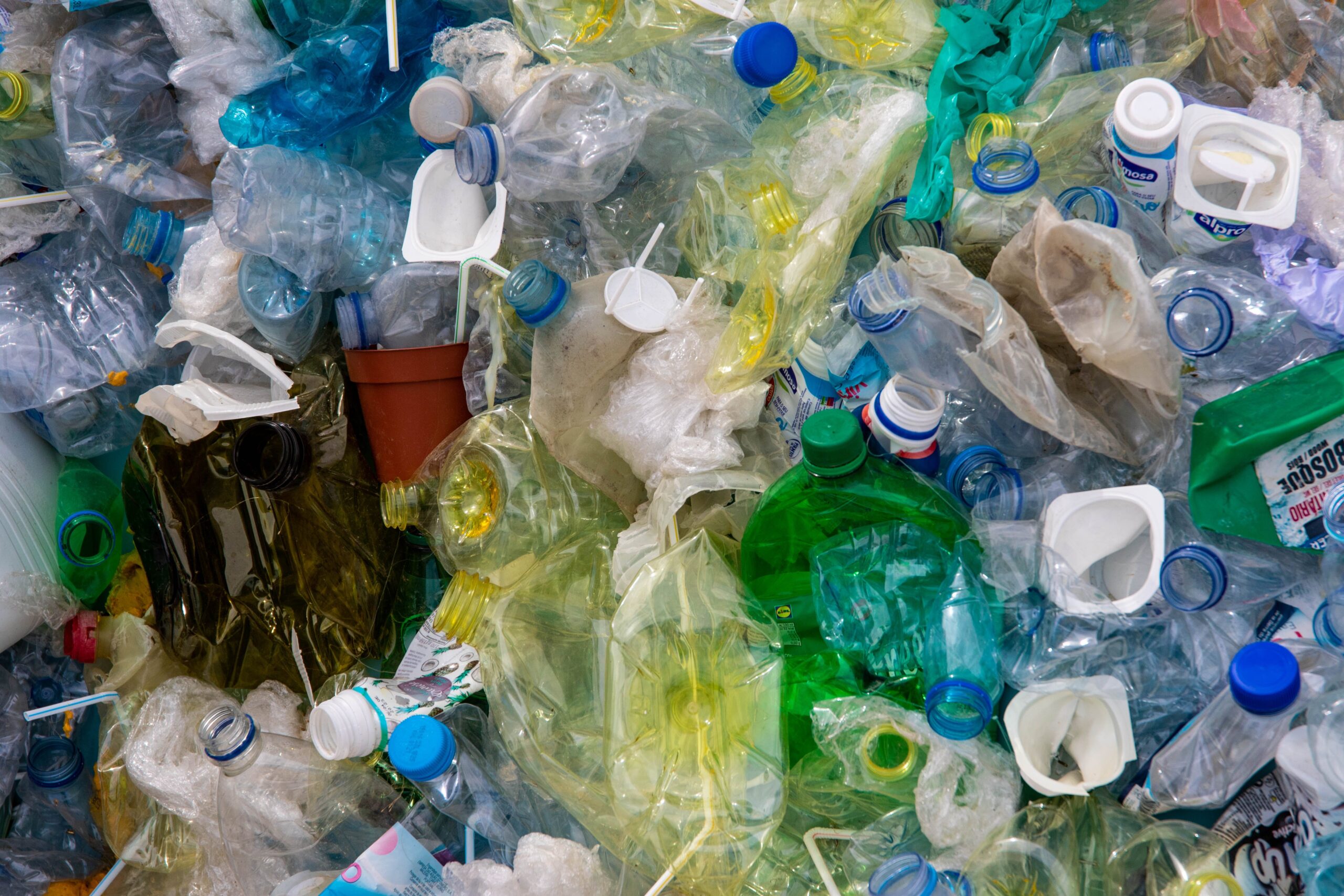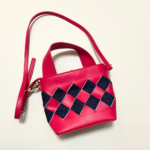
Here at appcycle, we are passionate about forging a future that is not only sustainable, but environment centric. This passion for an ideal future is one of the things that drives us in creating RINGO-TEX , ethical our and animal -free leather .
However, despite the animal-free nature of vegan leather, it still makes sense to ask how environmentally friendly is it exactly? Let’s have a closer look at vegan leather and discover whether it’s truly beneficial in saving the planet!
The Cost of “Cruelty-Free”

If you’ve frequented our blog before, you’ll know the nature of vegan leather and how exactly it’s different from genuine animal leather. But essentially, unlike traditional animal-based leathers which use the skin of a wide range of animals, vegan leather does not contain any components made from animals . This makes vegan leather cruelty-free
However, just because something is cruelty-free doesn’t mean it’s 100% better for the environment. While there are a lot of vegan leather products that are made sustainably using waste materials from different fruits and vegetables, in order to truly replicate the look and feel of animal leather, most of these products also contain varying amounts of polyurethane , a type of plastic.
Plastics and the Environment

You might ask then, isn’t plastic really bad for the environment? The truth is that yes, plastic based materials often come from fossil fuels and take an incredibly long time to decompose . However, because many organic materials cannot reliably last on their own , vegan leather manufacturers use some amount of polyurethane to make their products last longer. We at appcycle strive to make RINGO-TEX as environmentally friendly as possible by reducing the content of non-biodegradable substances in leather.
Some brands, however, will take the “vegan” label for their animal-free leather without really explaining how much plastic is in their product and whether it is truly better for the environment. Some vegan leathers in the market might contain organic material, but a lot of them are also just plastic leather materials that have been rebranded. It’s unfortunate that some people have come to take advantage of the rising interest in the environment and vegan lifestyles, but this doesn’t mean all vegan leather is necessarily bad for the environment .
As consumers, it is our responsibility to know what we are purchasing and to know how these things affect the world around us. We strive to create and environmentally friendly products, and luckily many others are devoted to this ethical cause too.
Conclusion
Despite some brands trying to use the label of vegan without truly caring for the environment, we must remain cautious and vigilant about our consumption practices. This does not only apply to choosing a truly Earth-friendly vegan leather, but in all aspects of living a sustainable and environment centric lifestyle.
Let’s all strive to make choices that not only sound better for the environment but are better for the planet! If you want to learn more about sustainability and how you can live a more environmentally friendly lifestyle, check out the rest of our articles here . And don’t forget to check out our official SNS sites on Facebook , Instagram , and YouTube !





